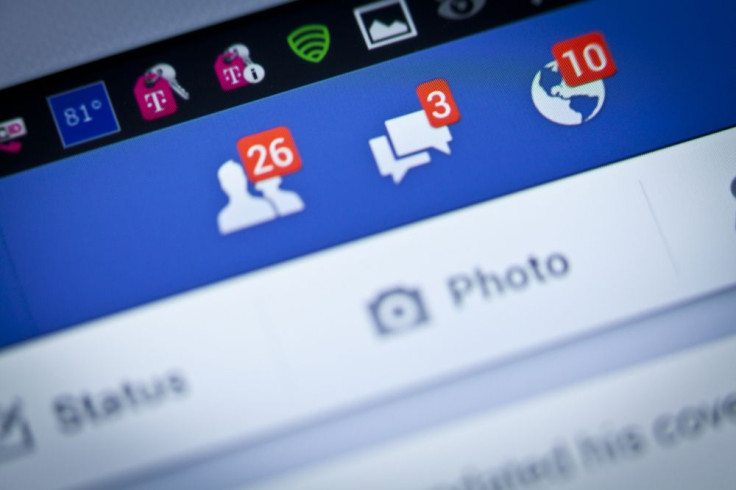Are Facebook Emotions Contagious? Study Discovers How Social Media Affects Our Mood

The usual complaint against Facebook goes like this: Users post only the most enviable images and stories about their lives, creating unrealistic expectations of happiness and swallowing everyone in a gulf of depression. Scientific research has frequently supported this narrative.
But a new study, conducted by a team from Facebook and Cornell University, is suggesting the emotional influence of social media may be more complicated than we thought. By examining (and manipulating) hundreds of thousands of Facebook users' news feeds, the authors discovered waves of emotional contagion that fluctuate positively or negatively through a social web. When your friends are happy, you're more likely to be happy, and vice versa.
"These results indicate that emotions expressed by others on Facebook influence our own emotions, constituting experimental evidence for massive-scale contagion via social networks," the authors wrote in the Proceedings of the National Academy of Sciences. While emotional contagion — the idea that people adopt the mood of those around them — is a known phenomenon, its workings are not well understood. Do scowls or smiles affect us? Do miserable people depress us? On the contrary, this research suggests that mere "observation of others’ positive experiences constitutes a positive experience for people."
In some ways, this finding counters the popular notion that social media is undermining our mental health. A 2008 study from the University of California, Los Angeles, confirmed the obvious: "You can change what you look like, you can Photoshop your face, you can select only the pictures that show you in a perfect lighting. These websites intensify the ability to present yourself in a positive light."
Commentators have concluded the consequences are surely disasterous. In September, an article picked up by The Huffington Post titled "Why Generation Y Yuppies Are Unhappy" went viral. It argued that social media created false impressions of peers' success. The gap between one's reality and one's unrealistic dreams constitutes "envy, inadequacy, frustration, disappointment."
Lately, researchers have begun to wonder how emotional contagion plays out online. With so many depressed people roving the social networks, could simmering unhappiness boil over? A study in March showed that the depressive force of a rainy day spread like a shockwave on Facebook, souring moods even where it wasn't raining. "For every one person affected directly, rainfall alters the emotional expression of about one to two other people," the authors wrote. "Online social networks may magnify the intensity of global emotional synchrony."
To learn more, the team of Facebook and Cornell researchers actually manipulated the number of positive or negative posts that appeared in users' news feeds. (Facebook's Data Use Policy, to which all users agree, apparently allows this.) Using a software program that identifies words as either positive or negative, the authors analyzed more than 3 million Facebook posts during one week in January 2012, sorting 122 million words for their emotional content. In fact, 4 million of those words were positive — more than twice the number of negative.
For the study, they decreased the number of positive posts seen by a portion of the total 689,003 users they examined. For others, negative posts decreased. For a control group, emotionally charged posts were decreased at random.
People who saw fewer negative posts were more likely to write positive things on their own walls, and they posted fewer negative sentiments. This was significant: Emotions had been transferred purely on the basis of emotional content — mannerisms and other interpersonal factors don't come across in an experiment like this. Additionally, the authors say this isn't a form of emotional mimicry because happy users were responding to seeing fewer negative posts, not more positive ones.
“Online messages influence our experience of emotions, which may affect a variety of offline behaviors,” said author Jeffrey T. Hancock, of Cornell University, in a statement on the findings. Emotions have a role in physical well-being, he says, and a wildfire of negativity on Facebook could actually affect public health. But positive feelings are more common and can spread just as quickly. "And after all," they wrote, "an effect size of 0.001 at Facebook’s scale is not negligible."
Source: A.D.I. Kramer, J.E. Guillory, J.T. Hancock. Experimental evidence of massive-scale emotional contagion through social networks. Proceedings of the National Academy of Sciences. 2014.



























